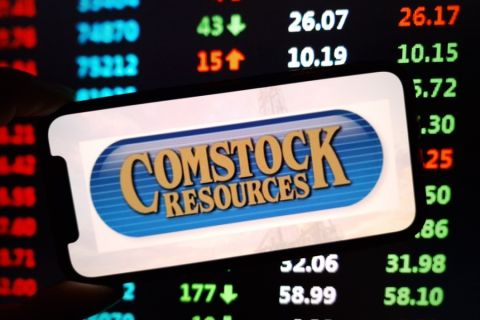The government of Panama and energy companies, including SGP BioEnergy, plan to develop a major, advanced biorefinery to increase supply of lower-carbon aviation fuel, the companies said May 18.
The move comes as the airline industry seeks to achieve a goal of zero net carbon emissions by 2050 and as governments worldwide are pressing companies to increase clean energy investment.
The biorefinery in Panama will produce 180,000 bbl/d (2.6 billion gallons per year) of biofuels, including sustainable aviation fuel (SAF) and renewable marine diesel, when it is complete at the end of 2026.
The project joins a flurry of other announcements from companies that have pledged in the last few years to produce SAF. The airline industry is considered harder to decarbonize than other types of transportation, so a massive ramp-up in SAF output will be needed for aviation to reach net zero.
Production will have to rise from an estimated 8 billion liters (211 million U.S. gallons) in 2025 to nearly 450 billion liters (119 billion U.S. gallons) in 2050, according to an analysis from the International Air Transport Association.
SAF produces lower emissions than traditional petroleum-based jet fuel by utilizing feedstocks including soybean oil, used cooking oil and tallow, but it is more expensive to produce.
The Panama project has already secured a contract to procure feedstocks, said Randy Letang, CEO of SGP BioEnergy, though he did not discuss further details.
The new biorefinery will repurpose existing bunker fuel oil terminals on both the Atlantic and Pacific sides of the country in Colon and Balboa, respectively, Letang said.
"This site is focused on helping the global community principally from an aviation but also from a marine standpoint," Letang said in an interview with Reuters.
"Using what already exists and making adjustments to that, that is the only way that I see that we're going to meet scale and meet global demand with this transition in a way that is acceptable and not disruptive."
The project will aim to use Panama's existing export infrastructure to supply SAF and renewable marine diesel globally. About half of the biorefinery's capacity will be used to produce SAF.
Panama is not a producer of crude or natural gas, but serves as an energy transit point through both the Panama Canal and the Trans-Panama Pipeline.
Recommended Reading
Analyst: Is Jerry Jones Making a Run to Take Comstock Private?
2024-09-20 - After buying more than 13.4 million Comstock shares in August, analysts wonder if Dallas Cowboys owner Jerry Jones might split the tackles and run downhill toward a go-private buyout of the Haynesville Shale gas producer.
BP Profit Falls On Weak Oil Prices, May Slow Share Buybacks
2024-10-30 - Despite a drop in profit due to weak oil prices, BP reported strong results from its U.S. shale segment and new momentum in the Gulf of Mexico.
Utica Oil E&P Infinity Natural Resources Latest to File for IPO
2024-10-05 - Utica Shale E&P Infinity Natural Resources has not yet set a price or disclosed the number of shares it intends to offer.
Geologist James Parr Joins Ring as EVP of Exploration, Geosciences
2024-11-26 - James Parr joins Ring Energy with over 30 years of experience as a petroleum geologist and leader in multiple energy organizations.
Comments
Add new comment
This conversation is moderated according to Hart Energy community rules. Please read the rules before joining the discussion. If you’re experiencing any technical problems, please contact our customer care team.




